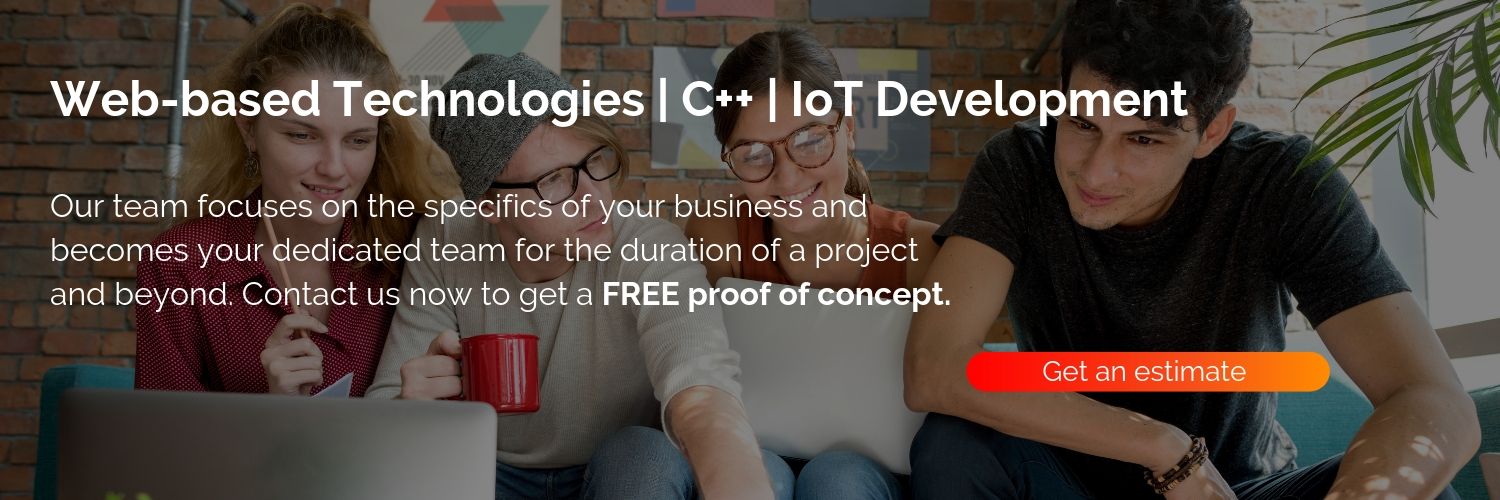Having a great vision is often not enough to achieve a success. What’s crucial is being able to implement this vision in the most efficient way possible.
What is startup?
There’s a lot of different definitions of a startup so it’s difficult to choose one that’s more truthful than the rest of them. However, for the sake of this article I think it will be the most appropriate to choose this definition used by Eric Ries:
‘A startup is a human institution designed to deliver a new product or service under conditions of extreme uncertainty’ – Eric Ries
This definition is not focused on a number of employees, the location of a startup or the amount of revenue. According to Eric Ries it’s pretty much a fancy way of an experiment that either fails or becomes a huge success.
What is Lean Startup?
Eric Ries proposed the Lean Startup methodology in his book the Lean Startup published in 2011. Of course it turned out to be a huge success and gathered a lot of following. But what actually is a Lean Startup? It’s a business model that is focused on minimizing a risk of failure in a startup. Like mentioned before, Eric said that every startup is an experiment. It’s also a big bag of unanswered questions, hypotheses and believes. Many businesses fail because they think they know what their clients need. It’s called an incorrect fact. Why? People like to believe their assumptions about something are correct. However, the truth is that often we don’t see the most obvious issues. Lean Startup tries to solve it before it’s too late.
5 principles of Lean Startup
Eric Ries explains this methodology is 5 main points. They’re crucial to properly understand this business model and be able to implement it correctly.
- Entrepreneurs are everywhere
Eric starts with ‘Entrepreneurs are everywhere’ but what does it actually mean? Being an entrepreneur is not about the point in your career that you’re in. It’s also not about having a business with your friend in a garage. You don’t have to be in Silicon Valley to call yourself an entrepreneur. It’s a lot more than that. Entrepreneurs are the ones that have courage, will and determination to work towards their goals. It’s every person with an idea and vision – a purpose.
- Entrepreneurship is management
It all comes back to one question: How do we know we’re making progress? Entrepreneurship is about management whether we like it or not. A great idea is just not enough to determine success. We need to be able to state whether we’re making a progress, not just assume it. It’s amazing to be able to innovate, be creative and successfully develop those projects. However, there’s nothing worse than successfully developing wrong product. Eric calls it ‘Achieving Failure’ – successfully executing a bad plan (but on time). So our job as entrepreneurs is to manage this project in a way that we are able to scientifically say whether we’re successful or not.
- Validated Learning
We need to look at our business as an experiment. We create a hypothesis about our product and clients demand on it. The next step is to check if our idea is valid. We can develop a prototype (a Minimum Viable Product) that will show the value without straining our budget. For example, Dropbox created a video showing how the product works before there was actually any product developed and any money spent. Furthermore, thanks to scientific methods we examine the MVP and get the feedback on a product. This step is crucial in order to eliminate the number of bugs and false assumptions. We do not learn how to develop a product, we learn how to create a sustainable business.
- Build-Measure-Learn
The whole idea of a Lean Startup is to work smarter not harder. That’s why we’re focusing on building a product based on what customers tell us, not our assumptions on what they need.
Build – Measure – Learn is a process of developing a product. We focus on smaller changes that we’re able to deliver faster and measure its impact on the overall reception. Before we show our product to the public we prove its importance and demand on it in a controlled conditions. Now it’s time to start developing and delivering actual product. However, we still need to be smart about it.
By developing a real-life MVP with PROVEN features we increase our chances of success. Our competition works hard so it’s important to be faster and make less errors. Listen to the feedback and make quick adjustments. The key is to learn from this feedback and go back to building.
- Innovation Accounting
How do we know we’re making good decisions? How do we specify ‘success’? Is 10k page visits a success?
We’re not a company with many years of experience and measurable results, so we can’t act like it. Traditional KPIs are not going to be effective when they’re just made up goals in our heads. We have no history of numbers to compare them to each other. That’s why we need to change the way we visualize ‘success’.
Innovation accounting focuses on 3 main steps:
- Establish a baseline – It’s a hard but necessary step to go further. We’ve built a MVP and it’s time to measure customers behaviour. Whatever the outcome of our measurements is, that’s our baseline.
- Tune to engine – now that we know where we’re at, it’s time to see if we can make it better. Start making changes and measure their outcome. Try to improve the % instead of a number.
- Pivot or persevere – It’s extremely difficult but necessary to stay realistic. If there’s no improvement or the improvement is very small – it’s time to consider Pivoting. You’ve proven that your idea is valid but perhaps your methods are just ineffective. Don’t perceive Pivoting as a failure – it’s very important for a good entrepreneur to be able to do that and do that in time.
Benefits of Lean Startup
- you prove your concept before evaluating it
- learning instead of failing
- measuring actual progress with viable data
- safer budget management
- minimizing risk
Summary
Leading a startup is a matter of smart decisions that’s why we believe in a sustainable development of a Minimum Viable Product instead of taking a risk in hope of it being a success. There are also other things that can help you minimize the costs of your project like outsourcing.









